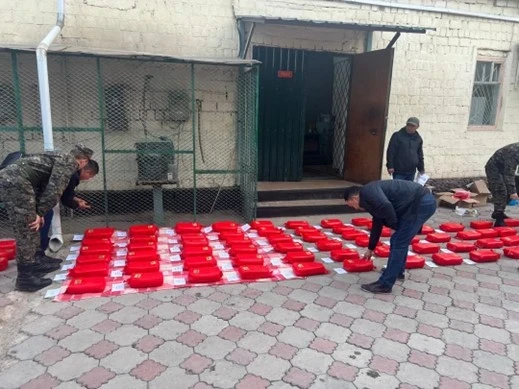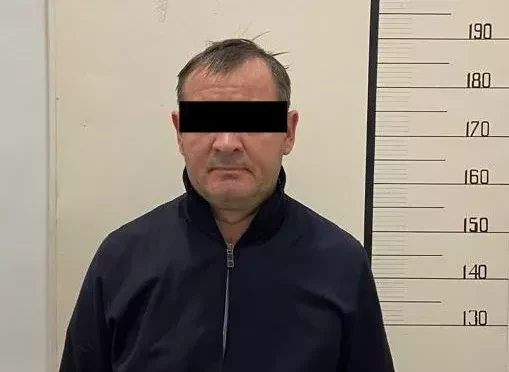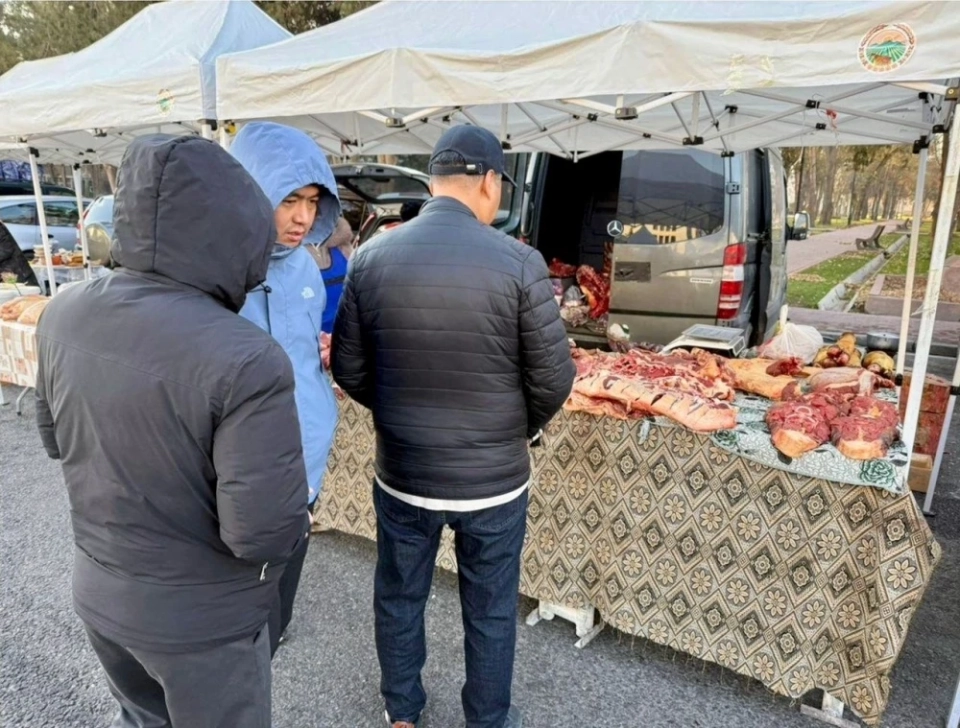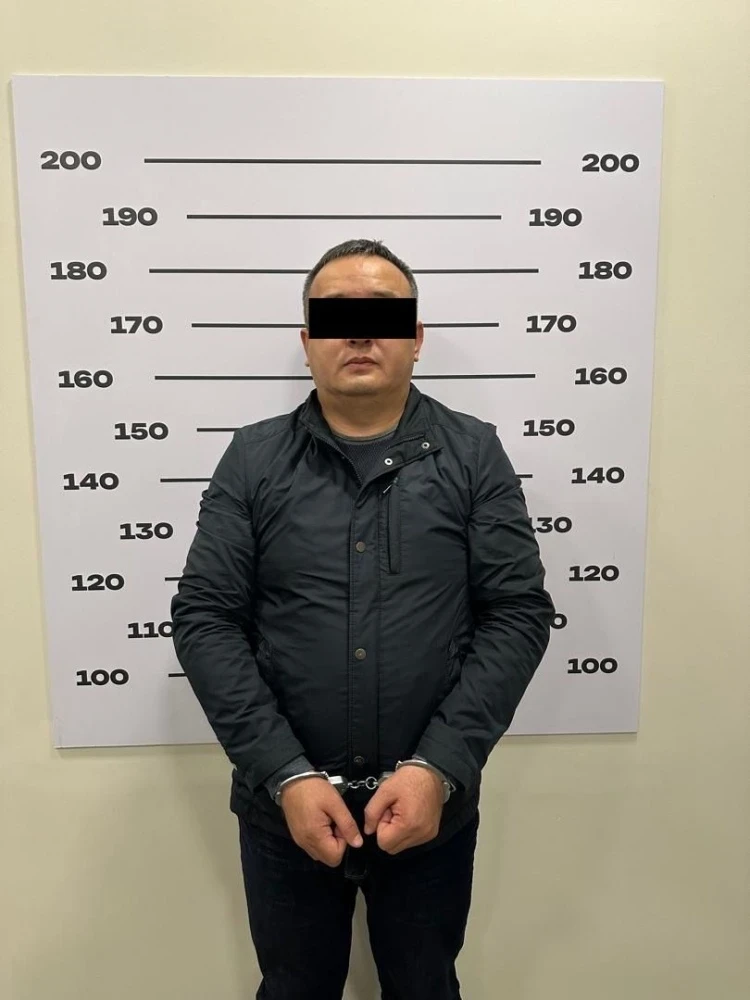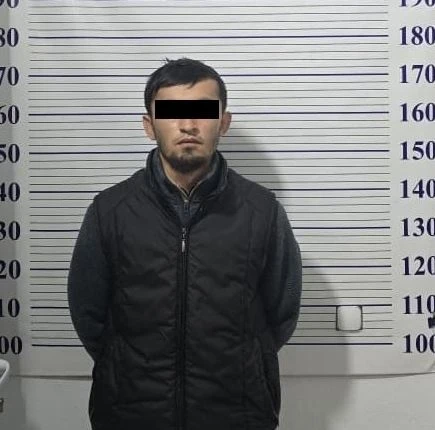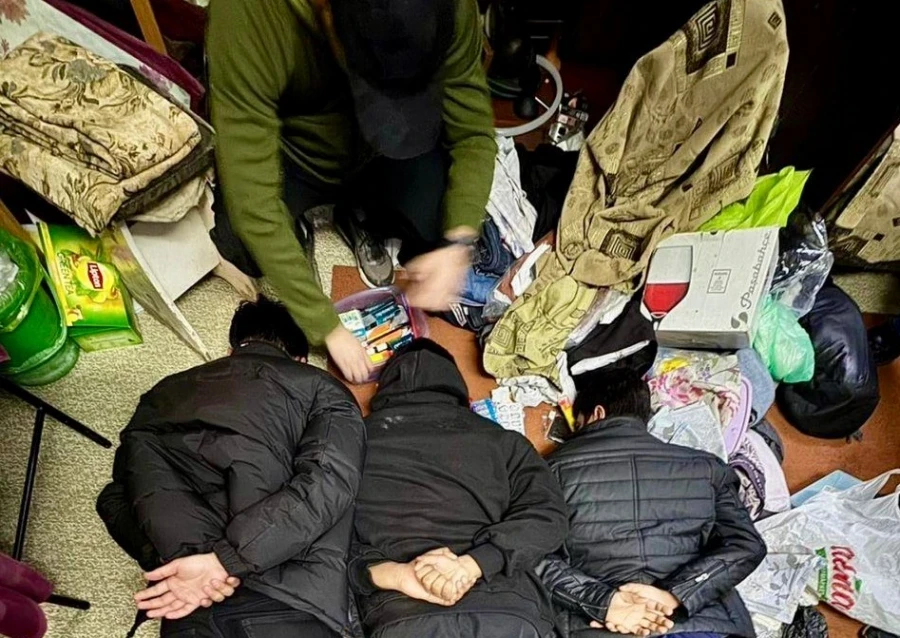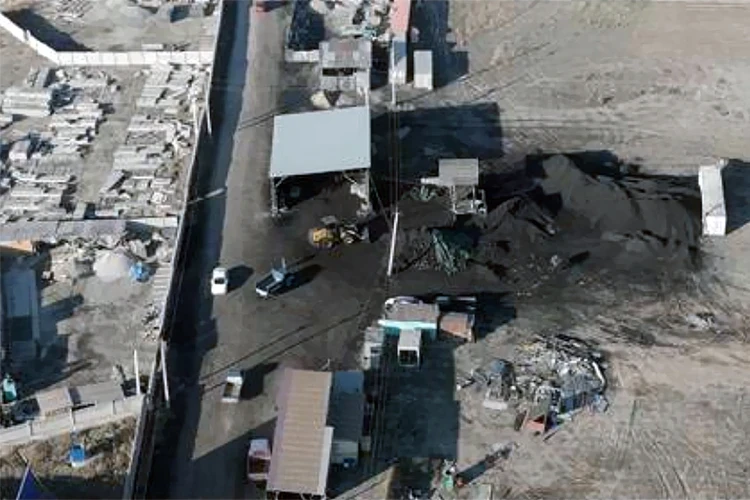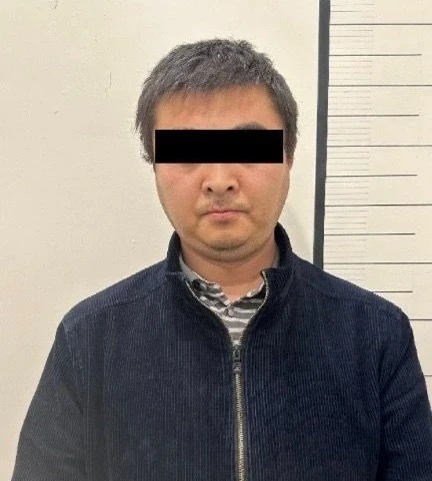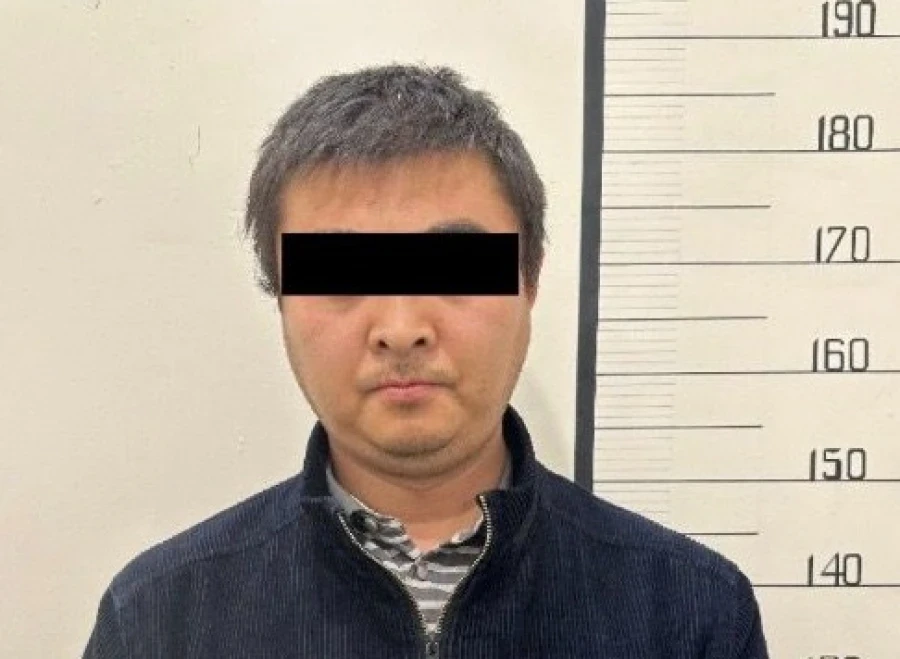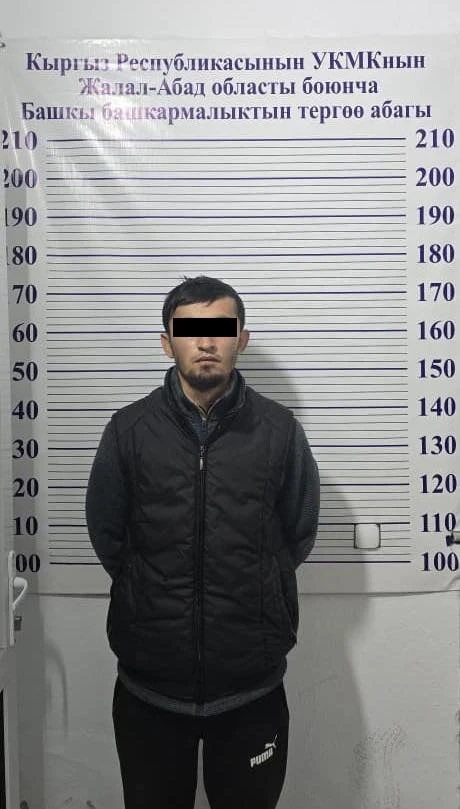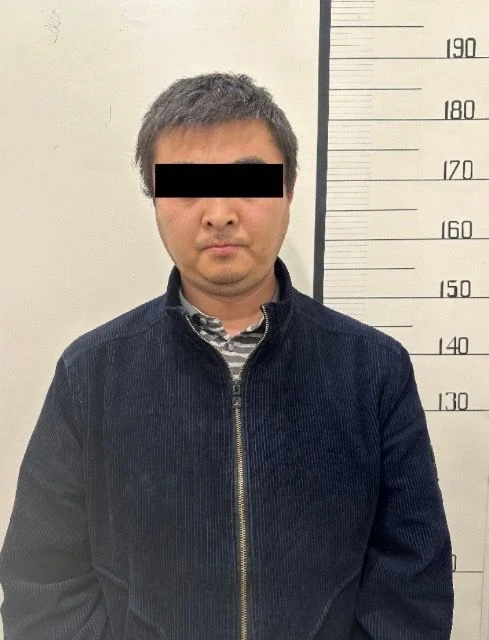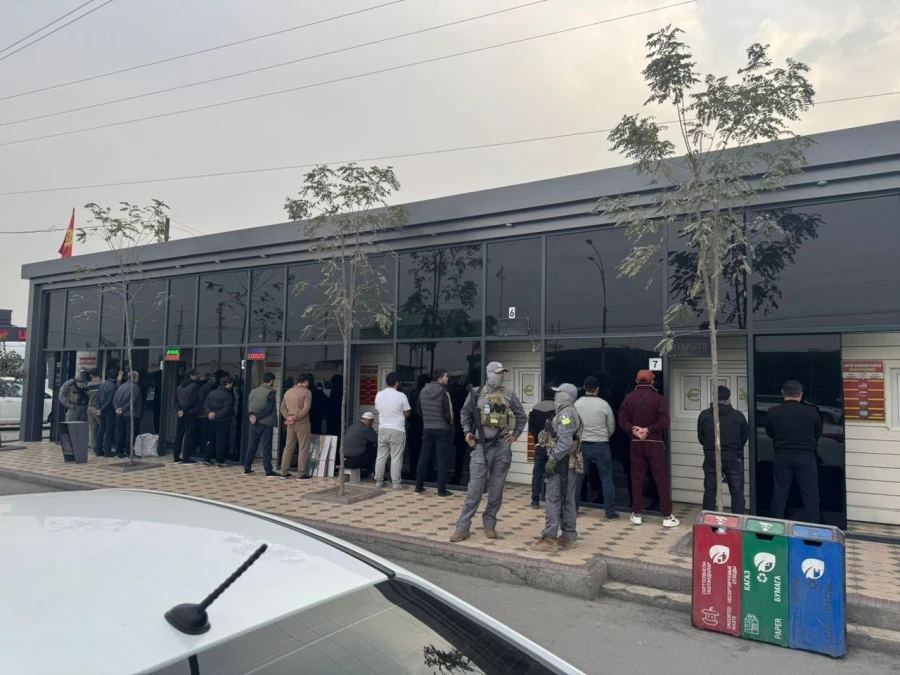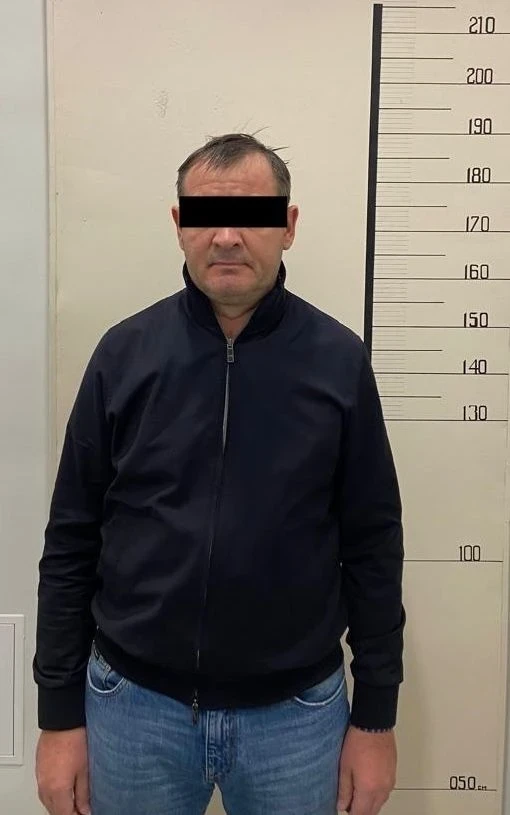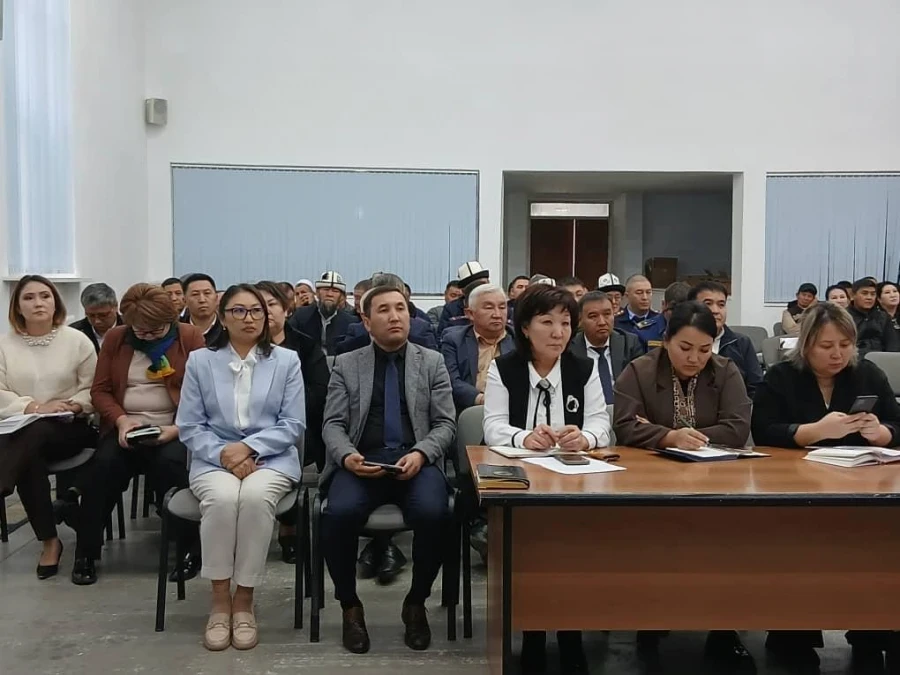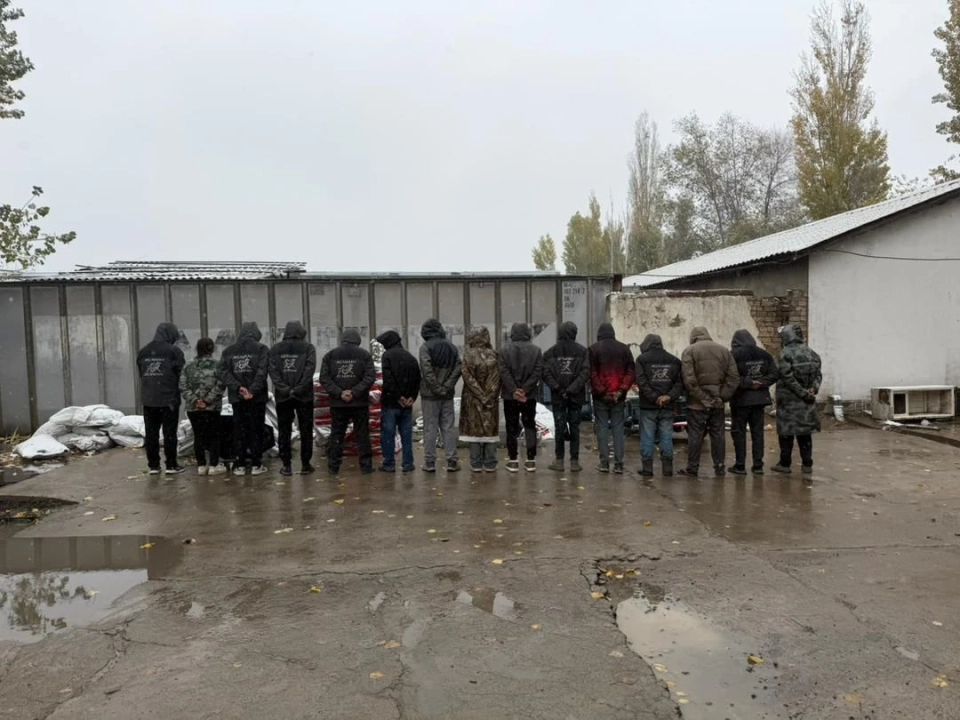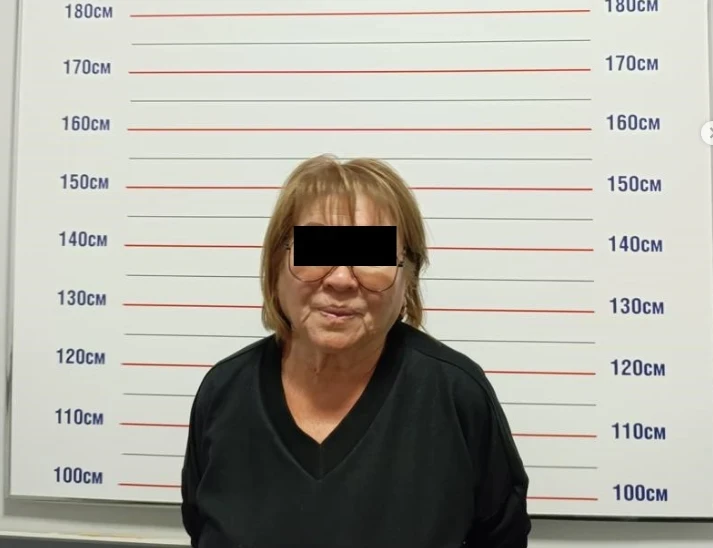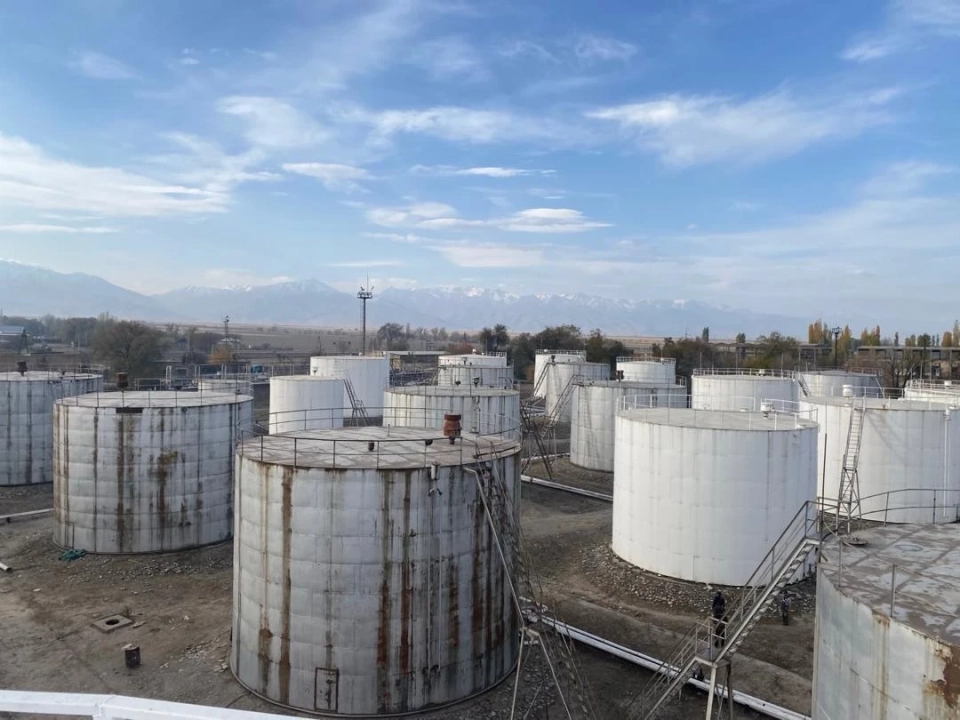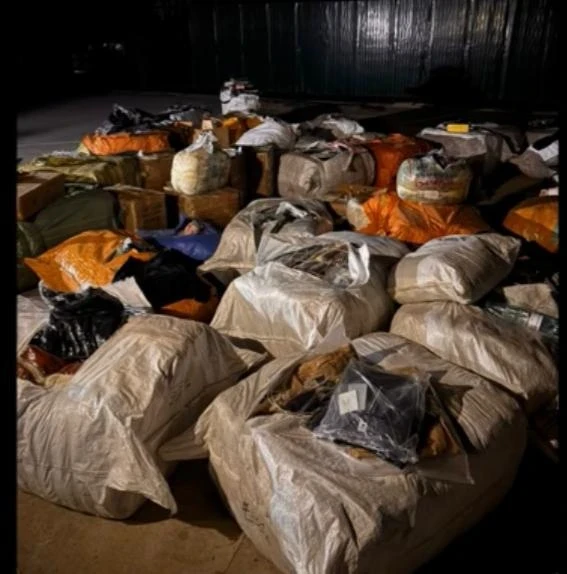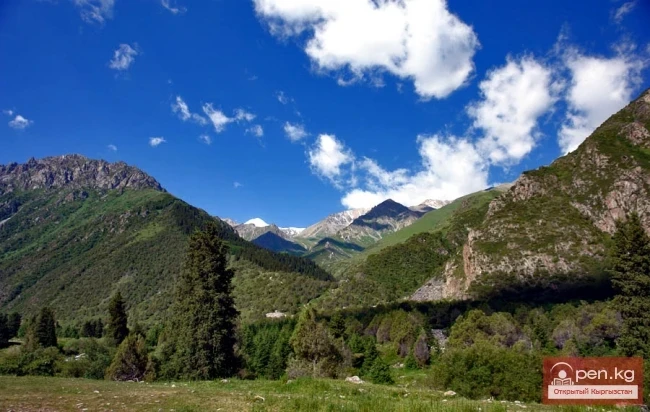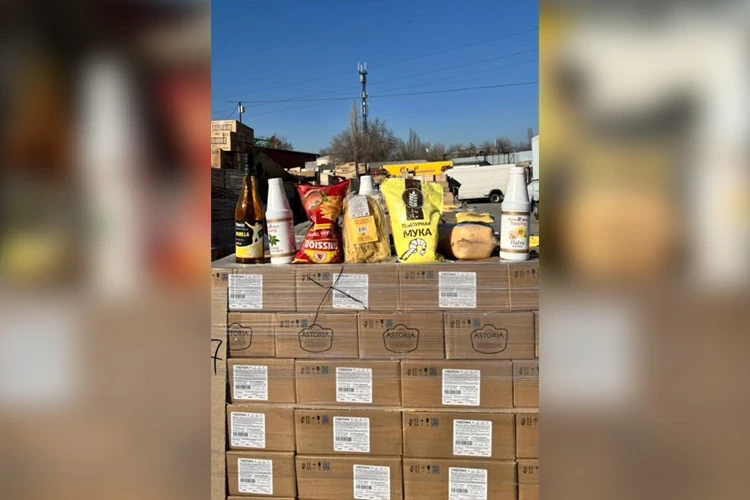
Each batch of seized products is under the control of both organizations. The destruction is carried out in accordance with all environmental standards to minimize potential harm to the environment.
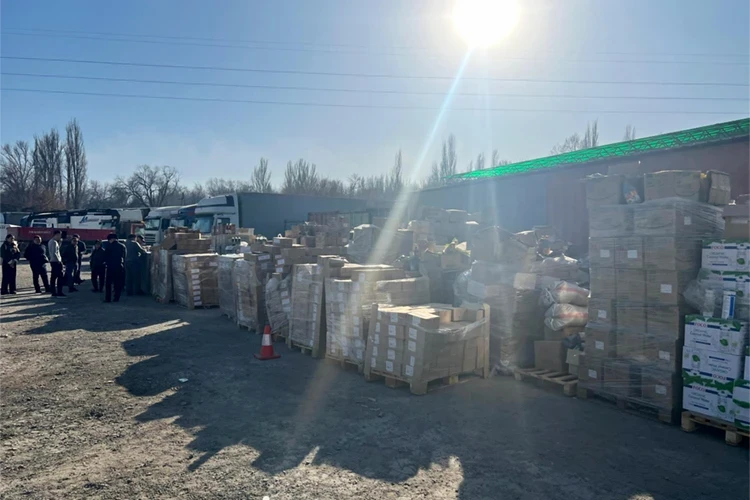
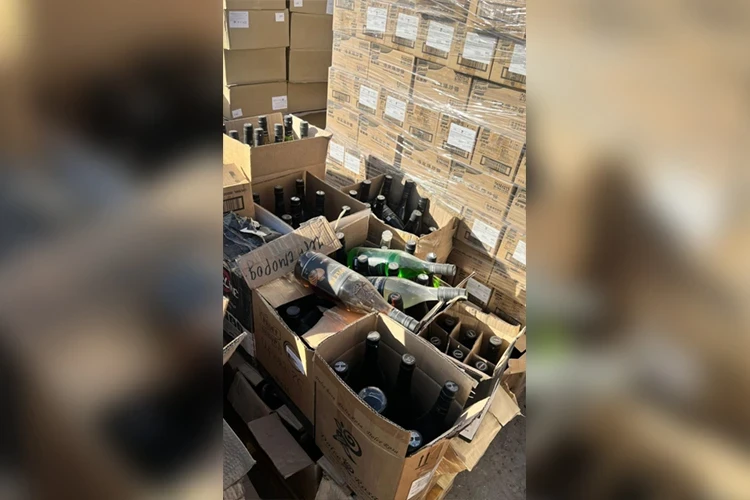
After expired products were discovered in warehouses in Bishkek, the GKNB initiated a state ecological examination. In response, the Ministry of Nature quickly convened and created an expert commission that approved the chosen methods and location for disposal.
The destruction process is organized as follows:
- liquid products, such as oils and sauces, are treated by alkalization using limestone; after laboratory analysis, the resulting solution is discharged into the central sewer;
- plastic and glass packaging is sent for recycling;
- tin cans are sent for scrap metal;
- non-recyclable waste and packaging are burned in a specialized furnace or disposed of in a landfill.
The state committee emphasized that Kyrgyzstan should not become a dumping ground for expired imported goods. “Attempts to pass off low-quality products as 'premium' is a crime against the health of citizens. Anyone who tries to profit from people's trust will face criminal liability,” the agency noted.
The GKNB and the Ministry of Nature strongly urge entrepreneurs to carefully check their suppliers, especially those offering “exclusive” products at low prices and without proper documentation. The agencies recommend preferring local producers and demanding laboratory certificates and import declarations.
“Customers in restaurants and cafes should be confident that they are paying for a quality product, not a counterfeit. Today it’s claims against the supplier, tomorrow it’s a criminal case against you,” the special services added.
